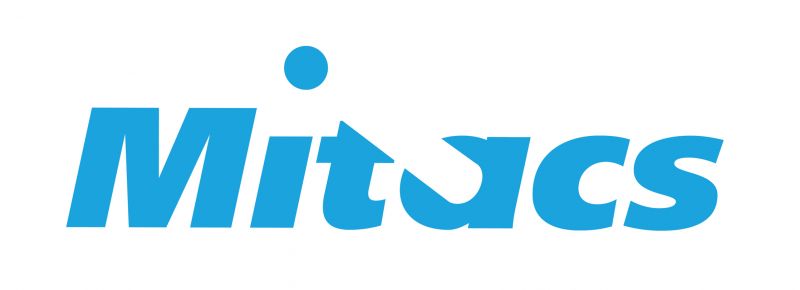Unique research opportunities funded by MITACS, the Faculty of Arts and Science, and Queen’s
Forty undergraduate and graduate students in the Faculty of Arts and Science (FAS) have received funding from the Mitacs Research Training award, FAS, and Queen’s. Mitacs provided half of the funding for the $6,000 award while FAS and the Office of the Provost and Vice-Principal (Academic) provided the other half.

This number represents about 80 per cent of the funding received by the university from Mitacs.
The award provided students the opportunity to engage in emerging and rapid response research activity. Undergraduate students had the opportunity to fully engage in the research experience at Queen’s and develop skills that would open new opportunities for research training and collaboration.
Graduate students had the opportunity to explore research questions that are closely related to their dissertation research, and/or to expand their graduate training experience through collaborative research with faculty and students.
“The Mitacs funding provided our students with an invaluable opportunity to work with some of the faculty’s leading researchers on projects that solve real-world problems and have an impact on Canadian communities and society,” says Barbara Crow, Dean, Faculty of Arts and Science. “The funding enabled our students to build research and project management skills, and it increased their technical knowledge. The program also increased awareness of career pathways for students”.
Three of the successful candidates spoke about their projects:
Benjamin Saadia (School of Computing) - On July 22, 2020, a powerful 7.8 magnitude earthquake struck south of the Alaskan peninsula, near the village of Perryville. Using SPECFEM3D Globe, the earthquake was simulated to get synthetic seismic signals like those recorded at real-life seismic recording stations. These were then compared to the real recordings across Canada to evaluate whether the simulation produced reasonable results for seismic risk assessment.
The comparison revealed that the simulated signals matched the real signals, providing evidence that the software may be useful for simulating possible future earthquakes and their effects on Canadian communities.
“My experience in the project was positive,” says Saadia. “I felt that MITACS provided enough resources to incentivize good research, without overly burdensome reporting requirements. I could easily focus on my work and follow through on the project deliverables without distraction. My work on this project taught me a lot and improved my independent research skills.”
Ellen McGowan (Urban and Regional Planning) - This research project investigates the impact of COVID-19 on transit agencies, with a focus on modifications to service. By analyzing the challenges that transit agencies faced in modifying transit services, she hopes to offer guidance on the protocols and procedures that should be established for an effective pandemic response. Further, this research will help to inform discussions on the role and operation of public transit in future pandemic events.
“I am thankful for the generous financial support of Mitacs. This research would not have been possible without it,” says McGowan.
Chengyuan Sha (School of Computing) – The project aims to address the explainability issue in machine learning. When applying machine learning to problems like medical diagnoses, a prediction cannot be acted upon on blind faith, as the consequence can be fatal. They have designed a novel machine-learning algorithm that provides explanations on its predictions and developed a website for its application and result visualization. This method has been used to analyze Alzheimer's Disease metabolomics data and was able to successfully identify several metabolites related to AD, which can further be used for a better understanding of the metabolic background of AD. Sha hopes the project can provide tailored and intelligible solutions to biomedical problems and accelerate AI applications in health and medicine.
“I’m grateful for the financial support of Mitacs and research guidance from my supervisor Dr. Hu. This project showed me the great impact of machine learning in biomedicine and has helped me build critical thinking skills and independent research skills.” says Sha.
Learn more about the Mitacs Research Training award on the website.

